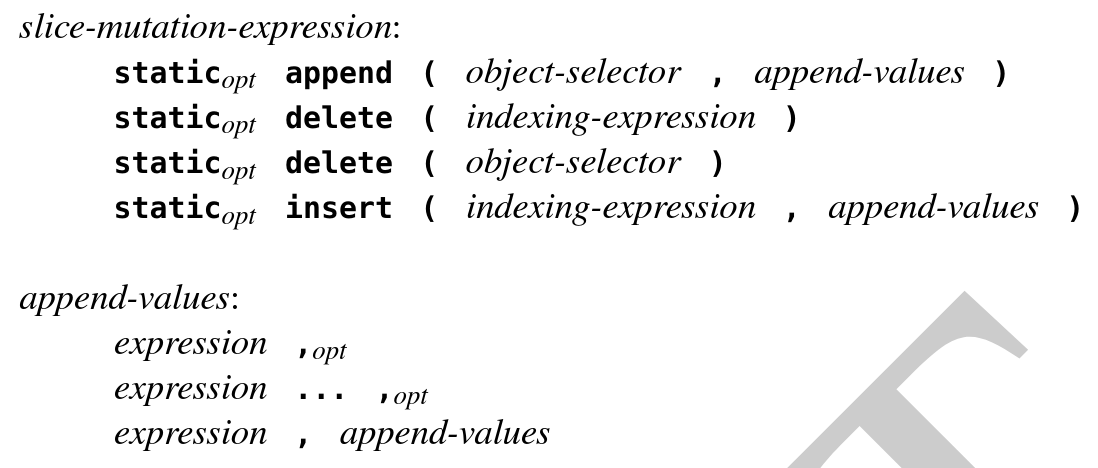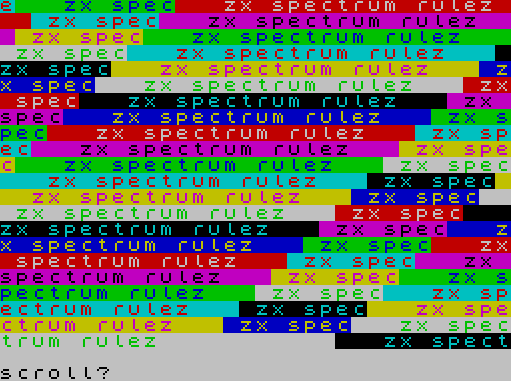Feed digilinux.ru [copy] http://digilinux.ru/feed/ has loading error: cURL error 22: The requested URL returned error: 403 Forbidden
Feed freepost [copy] https://freepo.st/rss/new has loading error: cURL error 22: The requested URL returned error: 500
Feed Pete [copy] https://debu.gs/blog/feed.rss has loading error: cURL error 60: SSL certificate problem: certificate has expired
The RISC-V experience

I’m writing to you from a Sway session on Alpine Linux, which is to say from a setup quite similar to the one I usually write blog posts on, save for one important factor: a RISC-V CPU.
I’ll state upfront that what I’m using is not a very practical system. What I’m going to describe is all of the impractical hacks and workarounds I have used to build a “useful” RISC-V system on which I can mostly conduct my usual work. It has been an interesting exercise, and it bodes well for the future of RISC-V, but for all practical purposes the promise of RISC-V still lives...
2022-01-07
dwm 6.3 released: download ii 1.9 released: download st 0.8.5 released: download svkbd 0.4.1 released: download
Breaking down a small language design proposal

We are developing a new systems programming language. The name is a secret, so we’ll call it xxxx instead. In xxxx, we have a general requirement that all variables must be initialized. This is fine for the simple case, such as “let x: int = 10”. But, it does not always work well. Let’s say that you want to set aside a large buffer for I/O:
let x: [1024]int = [0, 0, 0, 0, 0, // ...
This can clearly get out of hand. To address this problem, we added the “…” operator:
let x: [1024]int = [0...]; let y: *[1024]int = alloc([0...]);
This example demonstrates...
Примеры ассемблерного кода для ZX Spectrum

Я не буду делать длинное вступление. Один знакомый хакер однажды сказал, что 10 строк кода могут быть понятнее и интереснее, чем 1000 слов объяснений. Все эти примеры написаны на ассемблере для архитектуры Z80 и запускаются на ретро-компьютере ZX Spectrum 48k.
Что внутри?Please don't use Discord for FOSS projects
Six years ago, I wrote a post speaking out against the use of Slack for the instant messaging needs of FOSS projects. In retrospect, this article is not very good, and in the years since, another proprietary chat fad has stepped up to bat: Discord. It’s time to revisit this discussion.
In short, using Discord for your free software/open source (FOSS) software project is a very bad idea. Free software matters — that’s why you’re writing it, after all. Using Discord partitions your community on either side of a walled garden, with one side that’s willing to use the proprietary Discord client, and one side that isn’t. It...
Please use me as a resource
I write a lot of blog posts about my ideas,1 some of which are even good ideas. Some of these ideas stick, and many readers have attempted to put them into practice, taking on challenges like starting a business in FOSS or stepping up to be leaders in their communities. It makes me proud to see the difference you’re making, and I’m honored to have inspired many of you.
I’m sitting here on my soapbox shouting into the void, but I also want to work with you one-on-one. Here are some things people have reached out to me for:
Pitching their project/business ideas for feedback Sharing something they’re...Sustainable creativity in a world without copyright
I don’t believe in copyright. I argue that we need to get rid of copyright, or at least dramatically reform it. The public domain has been stolen from us, and I want it back. Everyone reading this post has grown up in a creative world defined by capitalism, in which adapting and remixing works — a fundamental part of the creative process — is illegal. The commons is dead, and we suffer for it. But, this is all we’ve ever known. It can be difficult to imagine a world without copyright.
When I present my arguments on the subject, the most frequent argument I hear in response is...